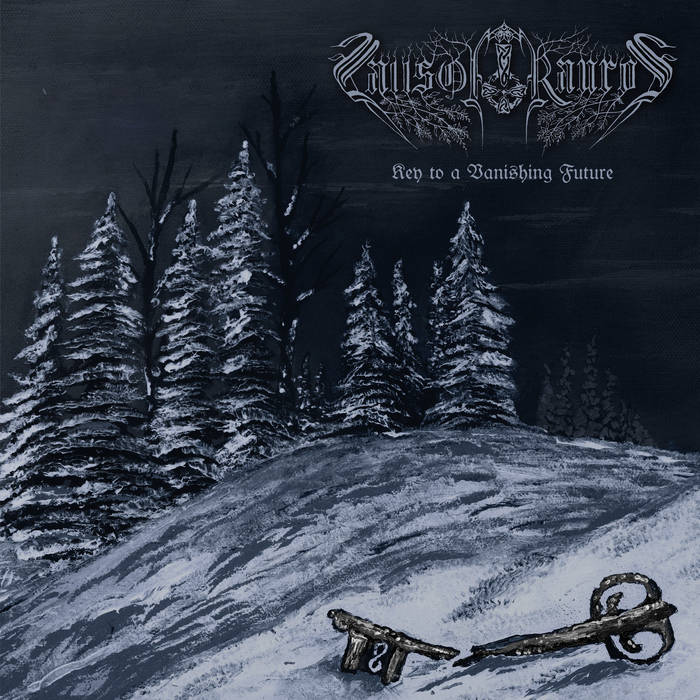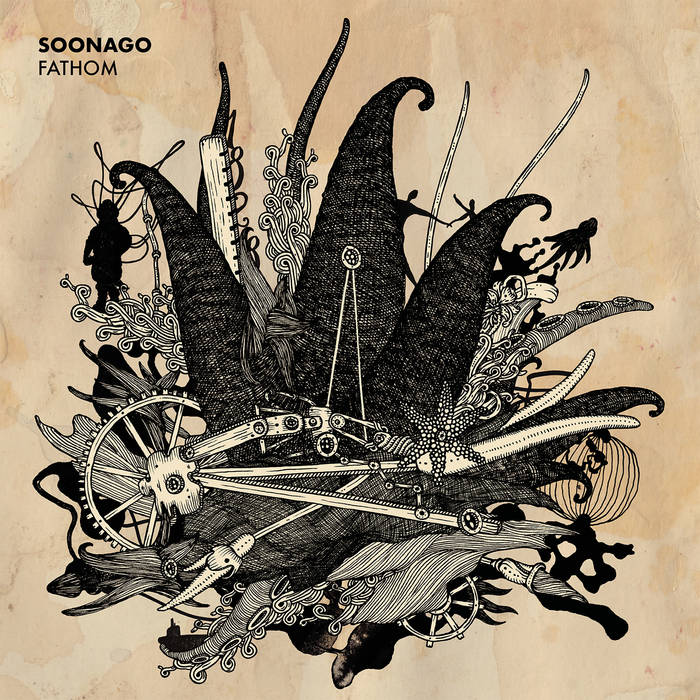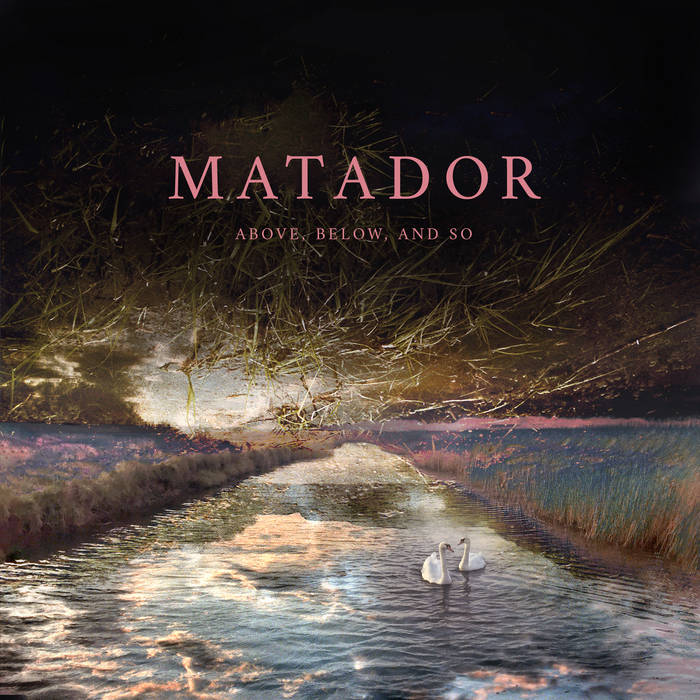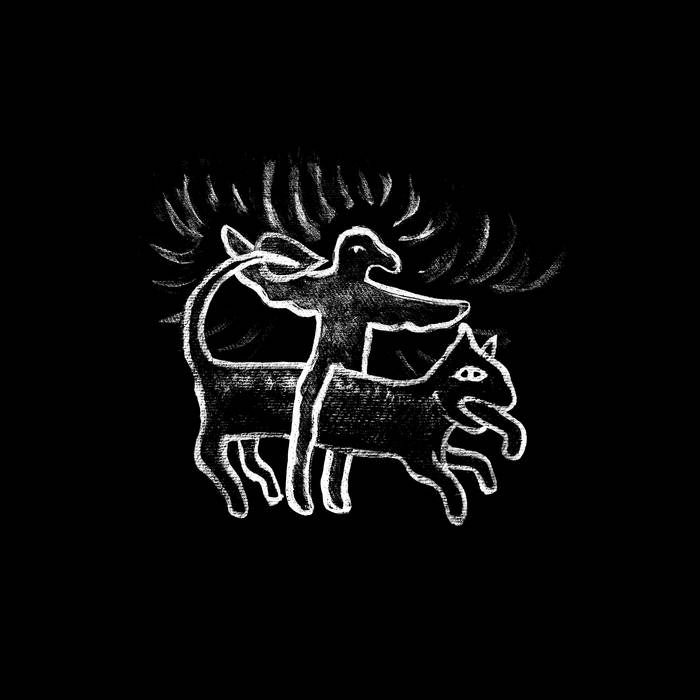It’s a Friday in March, in a boat on the river Elbe. After yet another painfully long hiatus the first live performance of the year has just happened for me and oh boy, it was a blast! I’m chatting with the band members, as another excited new fan approaches the merch table and asks if their recordings are as good as the show. After they deny that, the guy doesn’t buy a a record but a t-shirt instead.
So was it just pure humble modesty or a psychological ploy to sell the item with the higher margin? Well, Inspector Stephan bought two albums from Ottone Pesante and this new EP to shed some light on the case!
The most logical way to start investigating is to just go through the four tracks of …And The Black Bells Rang in chronological order: The Italian trio starts the nineteen minutes of the EP with the shortest piece “Black Bells of Destruction”. At the very beginning the crushing, crunchy, dirty bass line over the rabid blast beat makes you think this could all be a relentless grindcore attack, but as soon as the foreboding melodies lay themselves heavily on top of the frantic sludge, the picture changes to a bastard of grind and blackgaze. These bells have indeed come to destroy, but they are doing it majestically, and their blackness isn’t caused by crusted blood alone, but also by their own profound sadness.
“Carne Marcia” also has a longing and epic post rock overtone, which remains grand and lofty, while the rhythm section switches between double bass and almost math-rocky grooves and wild thrashing. Only at the half-way point the instrumental lead voice falls apart into a quick jazz frenzy.
“Die Ewige Wiederkunft Des Gleichen” (=”the eternal recurrence of the same”) refers to Nietzsche’s cyclic perception of time, one of the central premises of his late work, which ultimately lead him to affirm life. And this longest of the four tracks repeats one short melodic phrase, which could indeed be a fragment from Richard Strauss’ interpretation of “Thus Spoke Zarathustra”. After one minute of nothing but drone it starts as a neo-classical piece, which steadily builds up more and more layers, getting larger, wider, heavier, until it first stomps you down and then lifts you up in a black blaze of transcendent bombast, which you just wish would go on forever and ever like an Olhava album. What a deep combination of simplicity and grandiosity!
Above a prog groove somewhere between Thank You Scientist and a rude bully pushing Elvin Jones into his kit from behind, “Scrolls of War” touches on every element we’ve heard so far, a complete roundup of the whole EP, if you will. Yet it still leaves you wondering what in hell you were actually listening to the whole time. Until you realize that the question probably just doesn’t matter anyway.
Ottone Pesante however give you a very specific answer in just two words: Brass Metal!
And that answer also explains their own preference for live shows over studio recordings. Because when you see them on stage it’s inescapably clear what sets them apart from almost every other metal band on the planet - and which doubtlessly plays a crucial part in making their shows outstanding and memorable. When I spoke about bass before, I didn’t mean bass guitar, but trombone and tuba! And what I avoided naming directly while I was talking about leads and melodies, was not an electric string instrument either, but a trumpet!
If you listened to this EP only with half attention - and me not spoiling it of course -, you would surely still recognize that the sound and style are unique, but you could still miss why that is. Yes, you would hear the trumpet. But how long until you realize that de facto all of it is only drums and wind instruments? On older recordings by Ottone Pesante there’s no way around immediately acknowledging the brass, but continuing from their previous album DoomooD, the trio has added so much dirt and drone, crust and weight to its sound that in the studio the novelty of basically being a lovechild of Sons Of Kemet and Naked City staring Into the Pandemonium almost becomes a side issue. Which ultimatly is a great thing, because it proves that the compositions can stand on their own just as impressive pieces of dark heavy instrumental music.
Case closed, I guess. And still go see these maniacs live, if you can!








